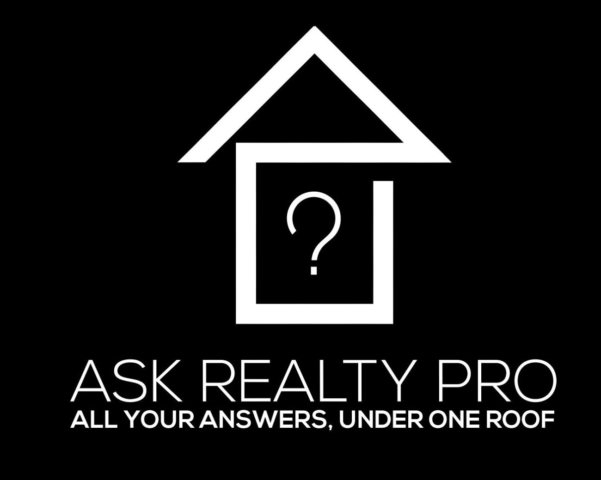If you’re ready to buy a house, you should do it for the right reasons. That means making sure you’re not just buying because you can qualify for a mortgage or feel pressured by the real estate market.
The housing market is constantly shifting and it’s important to consider your personal financial situation before you commit to a purchase, says Daniel Hamrick, a real estate agent with Select Properties in Atlanta. For example, if you have excessive debt, think you’ll change careers soon or don’t have an emergency fund, renting may be a better option.
It’s also a good idea to check your credit score and get preapproved for a loan before you start shopping. This helps ensure that you’re able to buy a home within your price range, says Ben Creamer, principal and managing broker at Downtown Realty Company in Chicago.
Before you shop, make sure you’re saving enough to cover the down payment and closing costs, says Hamrick. Having a solid down payment is crucial for getting the best interest rate on your loan and will help you avoid foreclosure, which can be devastating to your credit rating and savings.
Location is key when considering a new home, but it’s not just about location: It’s also about how the neighborhood functions. If the street in front of your home is in a state of disrepair or the community has an ongoing crime problem, you might be better off looking at homes elsewhere.
If you’re buying a house for a family, it’s also important to consider the school system in your area. Choosing a home in a high-performing public school district can improve your children’s education and save you money in the long run.
You’ll have to pay property taxes and other homeowner association fees, which will add up over time. Those costs can be overwhelming, especially for first-time buyers.
Finally, if you’re buying a house with a partner, it’s important to consider how much your household income will be before you make the purchase. This will help determine whether it’s worth the expense and how much you can afford to spend, Hamrick says.
Lastly, make sure you’re ready to commit to a mortgage for at least five years before buying. Conventional wisdom says that it takes a minimum of five years to break even on the cost of owning a home, so if you don’t have this type of plan in place, buying might not be worth it.
Affordability
One of the most common mistakes that first-time buyers make is trying to snag a home before they’re able to save for a down payment, says Matt Torabi, vice president of residential lending at Bank of America in Chicago. “Buying a home before you have the money for a down payment is the wrong thing to do, and it will only cause you problems later.”
It’s always a good idea to consult with a financial professional when making any major purchases. In addition to checking your credit score and preapproval for a mortgage, experts recommend reviewing your budget to make sure you’re not overspending or getting into debt. A financial planner can also advise you on what your goals are and how they might be impacted by the mortgage. It’s also a good idea to look into mortgage-insurance options if you are concerned about your ability to make payments.





